
Here's what happens to peaceful demonstrations demanding basic rights to work and a decent living in Western Sahara. As protests spread from El Aaiun to other towns, the Moroccan police responded with the usual ferocity.
Western Sahara Resource Watch has received reports about protests that took place in different cities in Western Sahara throughout the weekend of 23 and 24 January 2016.
As ongoing protests in El Aaiun continued, Smara and Boujdour now also saw demonstrations on the same grounds as those in Western Sahara's capital city; Saharawis demanding their fair share of their own country's resources.
The photos included below are from Saturday's protest in Smara. Young Saharawis gathered with a banner saying "It's now time to benefit from our wealth". Like the protesters and hunger strikers in El Aaiun, they demand the right to work and to a decent living. The pictures show the Moroccan police's intervention; plain-clothed and uniformed police officers disrupted the protest and went on to physically attack the participants.
Large parts of Western Sahara have been occupied by Morocco since 1975, in blatant disrespect of international law. Amid a climate of oppression of the native Saharawi people, Morocco proceeds to sell of Western Sahara's resources as if it is entitled to do so.
But it isn't. A United Nations Legal Opinion of January 2002 concluded that the wishes and the interests of the Saharawi people - as the sole, original inhabitants of the territory prior to Morocco's invasion - are the legal requirements for any resource-related activity to take place in Western Sahara.
In October last year, the UN Committee on Economic, Social and Cultural Rights confirmed that the Saharawis are indeed particularly affected by poverty, and expressed its concern that Morocco still did not respect the Saharawis right to dispose of their natural resources. In particular, the Committee urged Morocco to respect the rights of the Saharawis to be informed and to give their prior consent to the exploitation of their resources.
Saharawis have protested Morocco's looting of Western Sahara for years. Recent demonstrations are primarily carried out by younger generations of Saharawis, who grew up on the fringes of society, bereaved of basic social and economic rights in their own land. While Saharawis are struck by poverty, the jobs created through Morocco's exploitation of Western Sahara's resources go mainly to Moroccan settlers. Saharawi youth is fed up with that situation, and is becoming more vocal - fully knowing how the Moroccan regime deals with dissent. Not lightly.
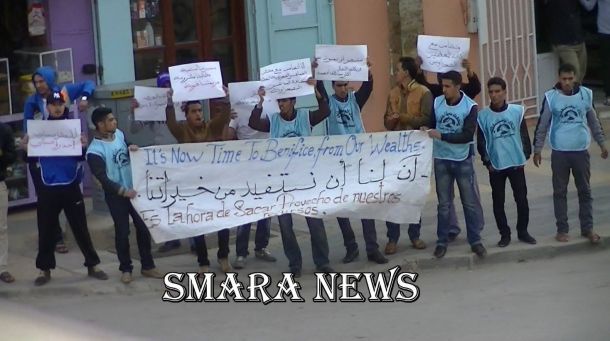
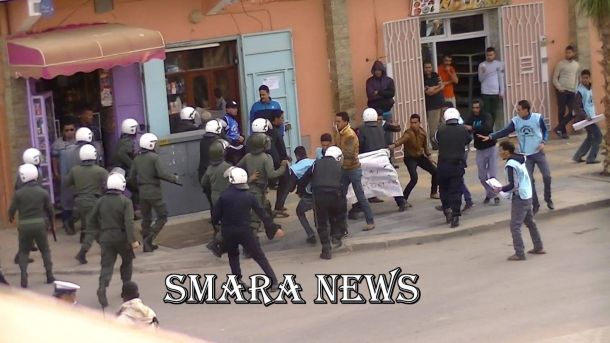
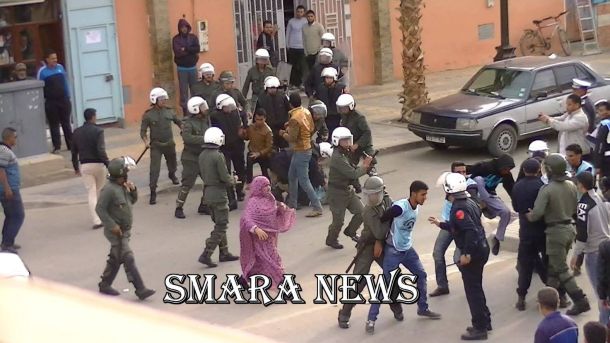
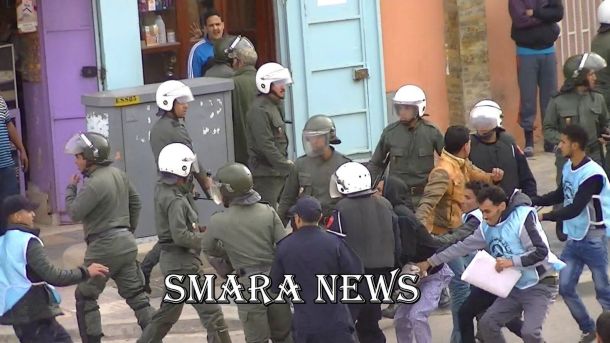
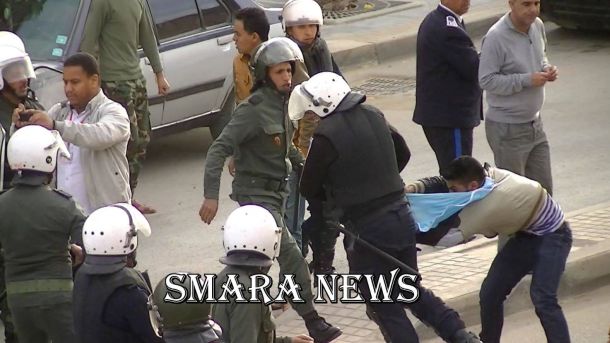
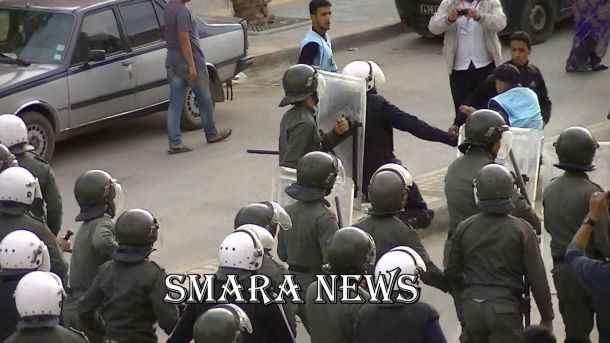
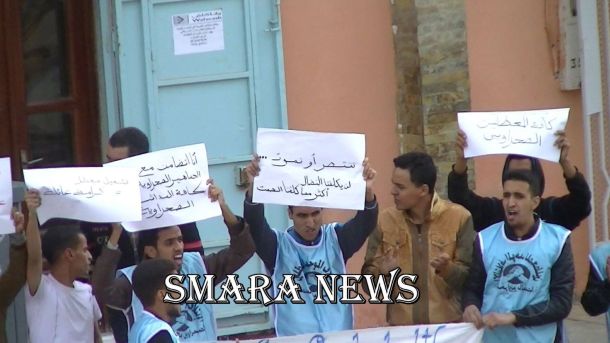
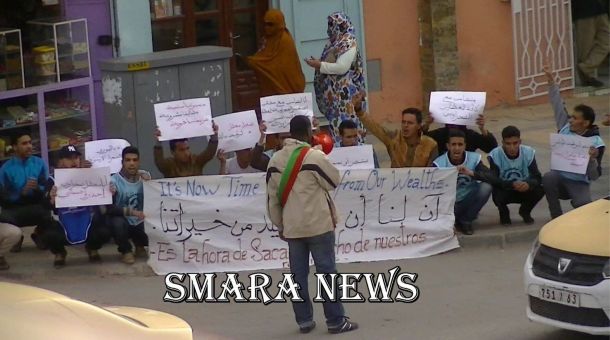
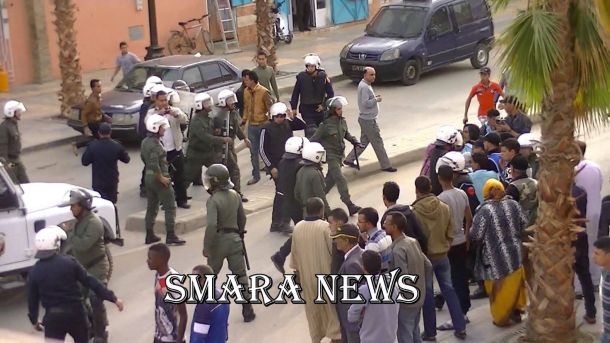
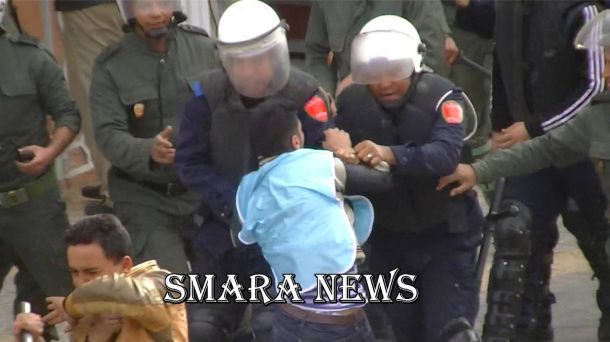
Morocco allocates land in occupied Western Sahara to green hydrogen investors
Morocco’s ambitions to become a global green hydrogen powerhouse are accelerating. Yet, Rabat is allocating land in a territory it does not legally own.
US eyes minerals in occupied Western Sahara
Seeking to position itself as a key supplier of strategic minerals for Western powers, Morocco has signed a new agreement with the United States that covers Western Sahara’s waters and the critical minerals harboured there.
TAQA-Moeve obtains land in occupied Western Sahara
Morocco’s push for green hydrogen has taken a decisive step forward - on territory it does not legally own.
EU-Morocco Statement: autonomy without self-determination, law without lawfulness
A joint statement that came out of last week’s EU-Morocco Association Council asks readers to believe in a fiction: that an undefined autonomy plan imposed by an occupying power can satisfy the right to self-determination, and that respect for international law can coexist with the systematic ignoring of the EU’s own highest court.



